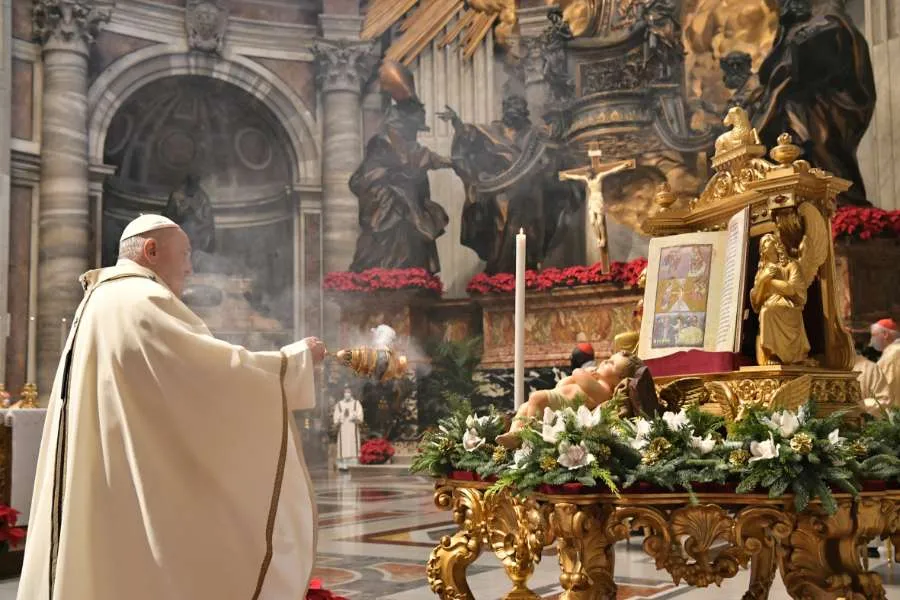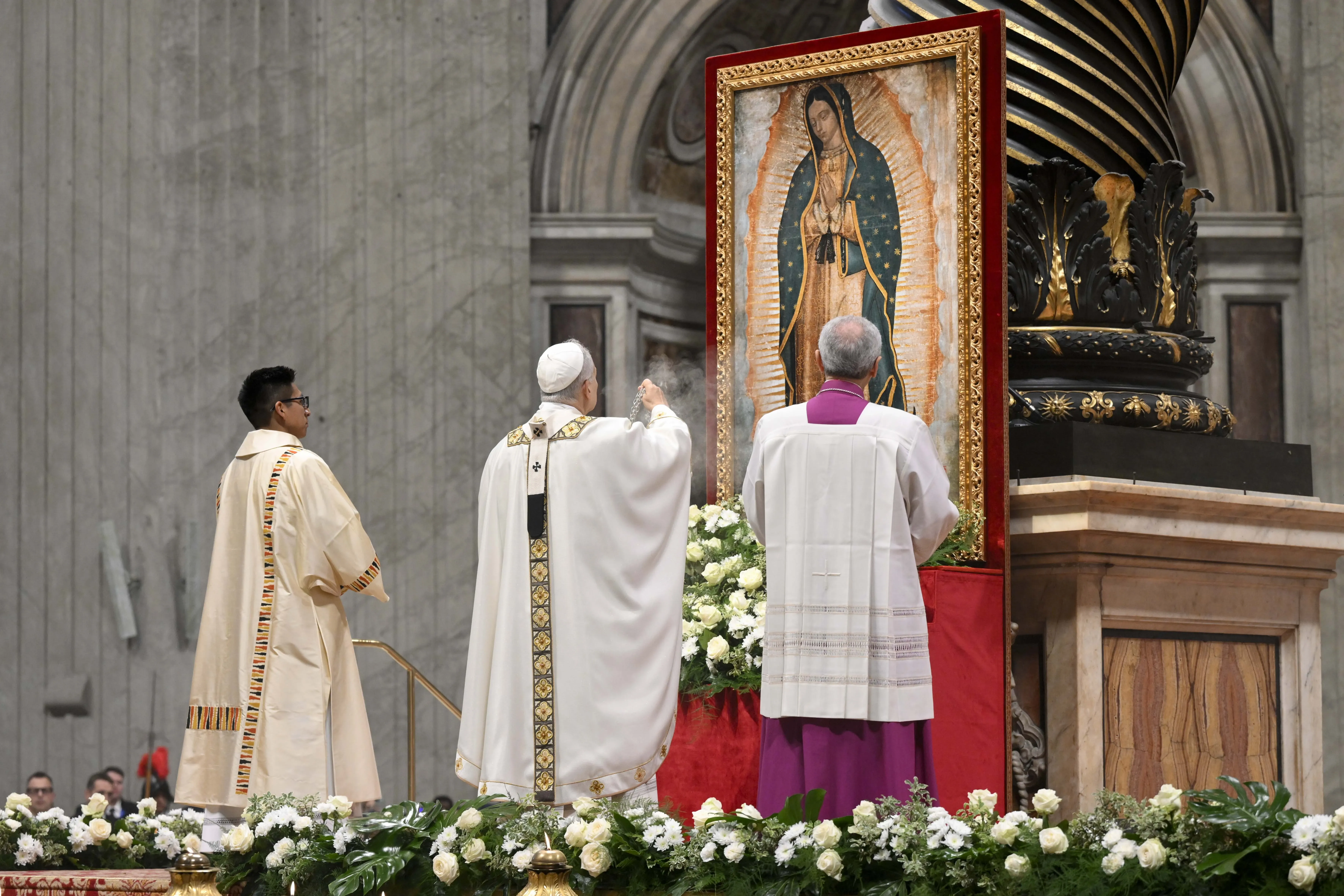But if we turn our eyes away from God, he said, we become overwhelmed by our problems, leading to “anger, bewilderment, anxiety, and depression.” It then requires courage to “break out of the circle of our foregone conclusions” and worship God with fresh dedication.
Those who worship discover true joy, the pope said, which unlike worldly joy is not based on wealth or success.
“The joy of Christ’s disciple, on the other hand, is based on the fidelity of God, whose promises never fail, whatever the crises we may face,” he said.
The second phrase -- “to set out on a journey” -- comes from the day’s Gospel reading, Matthew 2:1-12, describing the Magi’s journey to Bethlehem.
“Like the Magi, we too must allow ourselves to learn from the journey of life, marked by the inevitable inconveniences of travel,” the pope said.
(Story continues below)
“We cannot let our weariness, our falls, and our failings discourage us. Instead, by humbly acknowledging them, we should make them opportunities to progress towards the Lord Jesus.”
He emphasized that all the events of our life, including our sins, could help us to experience interior growth, provided that we show contrition and repentance.
“Those who let themselves be shaped by grace usually improve with time,” he commented.
The third phrase highlighted by Pope Francis -- “to see” -- is also found in St Matthew’s Gospel.
He said: “Worshiping was an act of homage reserved for sovereigns and high dignitaries. The Magi, in fact, worshiped the One they knew was the king of the Jews.”
“But what did they actually see? They saw a poor child and his mother. Yet these wise men from far-off lands were able to look beyond those lowly surroundings and recognize in that Child a royal presence. They were able to ‘see’ beyond appearances.”
He explained that the gifts offered by the Magi to the Christ Child symbolized the offering of their hearts.
“To worship the Lord we need to ‘see’ beyond the veil of things visible, which often prove deceptive,” he said.
In contrast to King Herod and other worldly citizens of Jerusalem, the Magi showed what the pope called “theological realism.” He defined this quality as the ability to perceive “the objective reality of things” that “leads finally to the realization that God shuns all ostentation.”
Concluding his homily, the pope said: “May the Lord Jesus make us true worshipers, capable of showing by our lives his loving plan for all humanity. Let us ask for the grace for each of us and for the whole Church, to learn to worship, to continue to worship, to exercise this prayer of adoration often, because only God is to be adored.”







